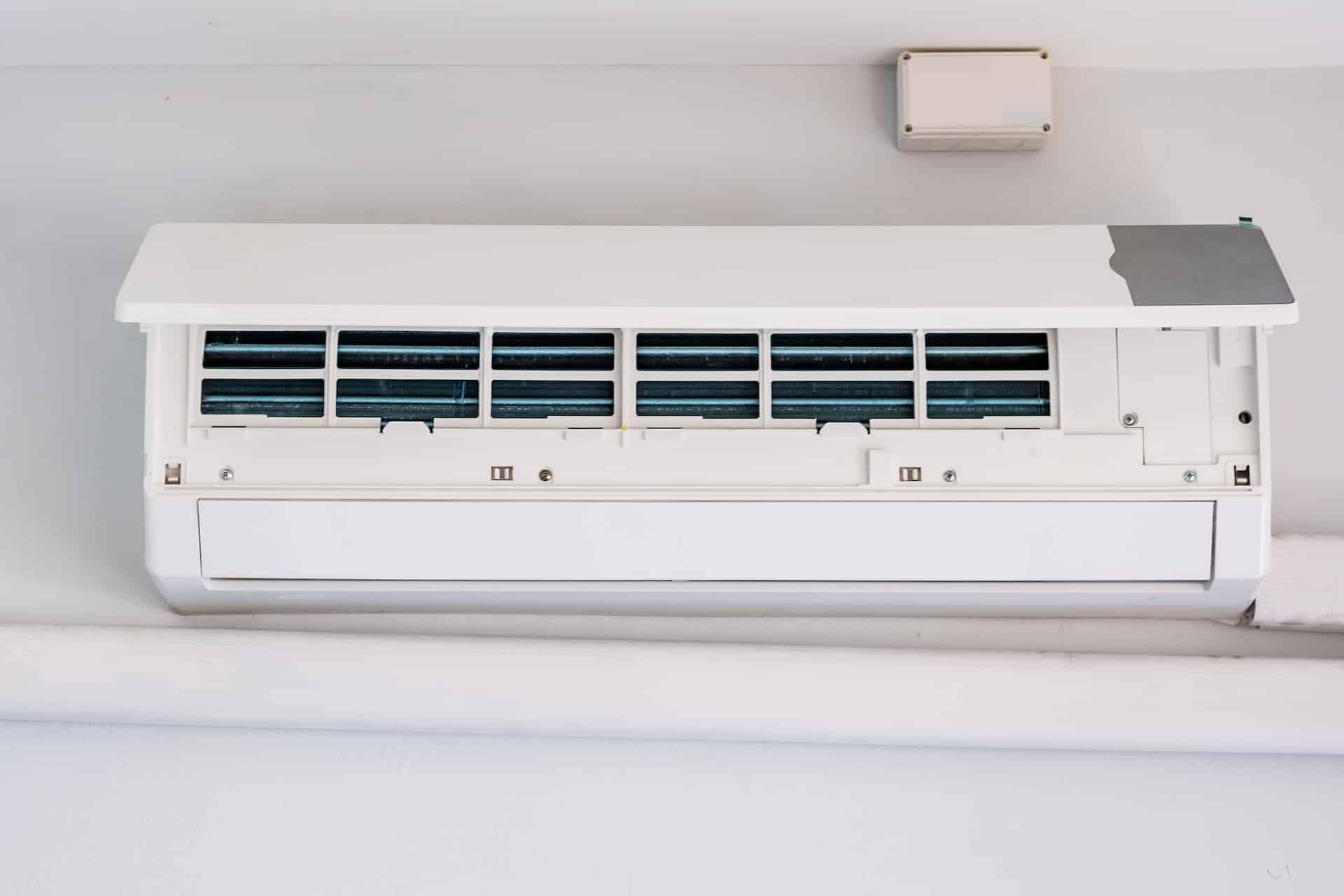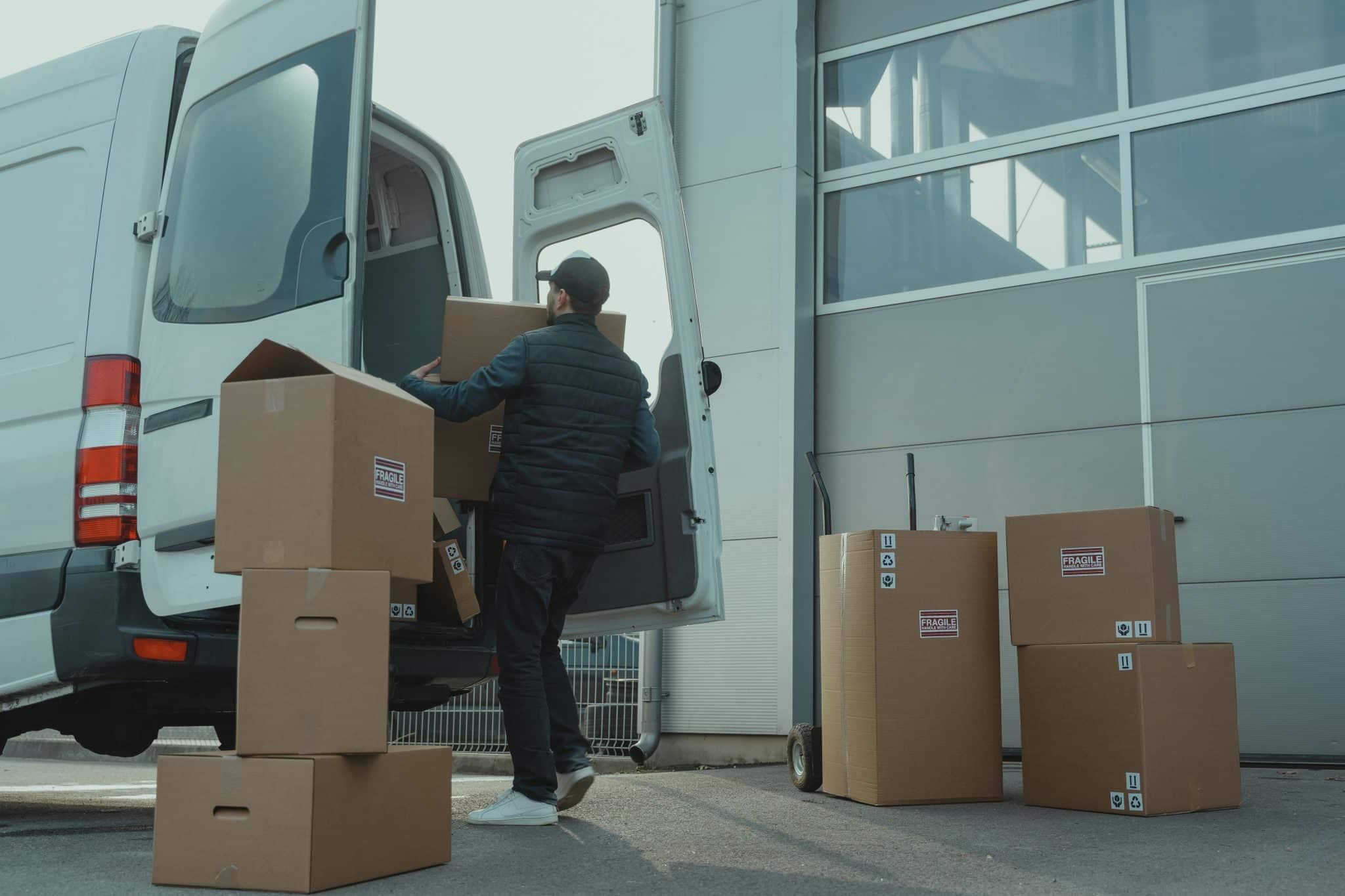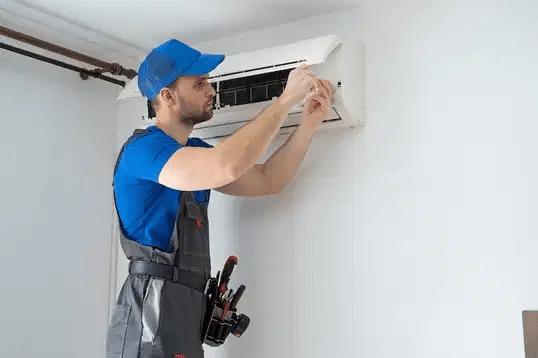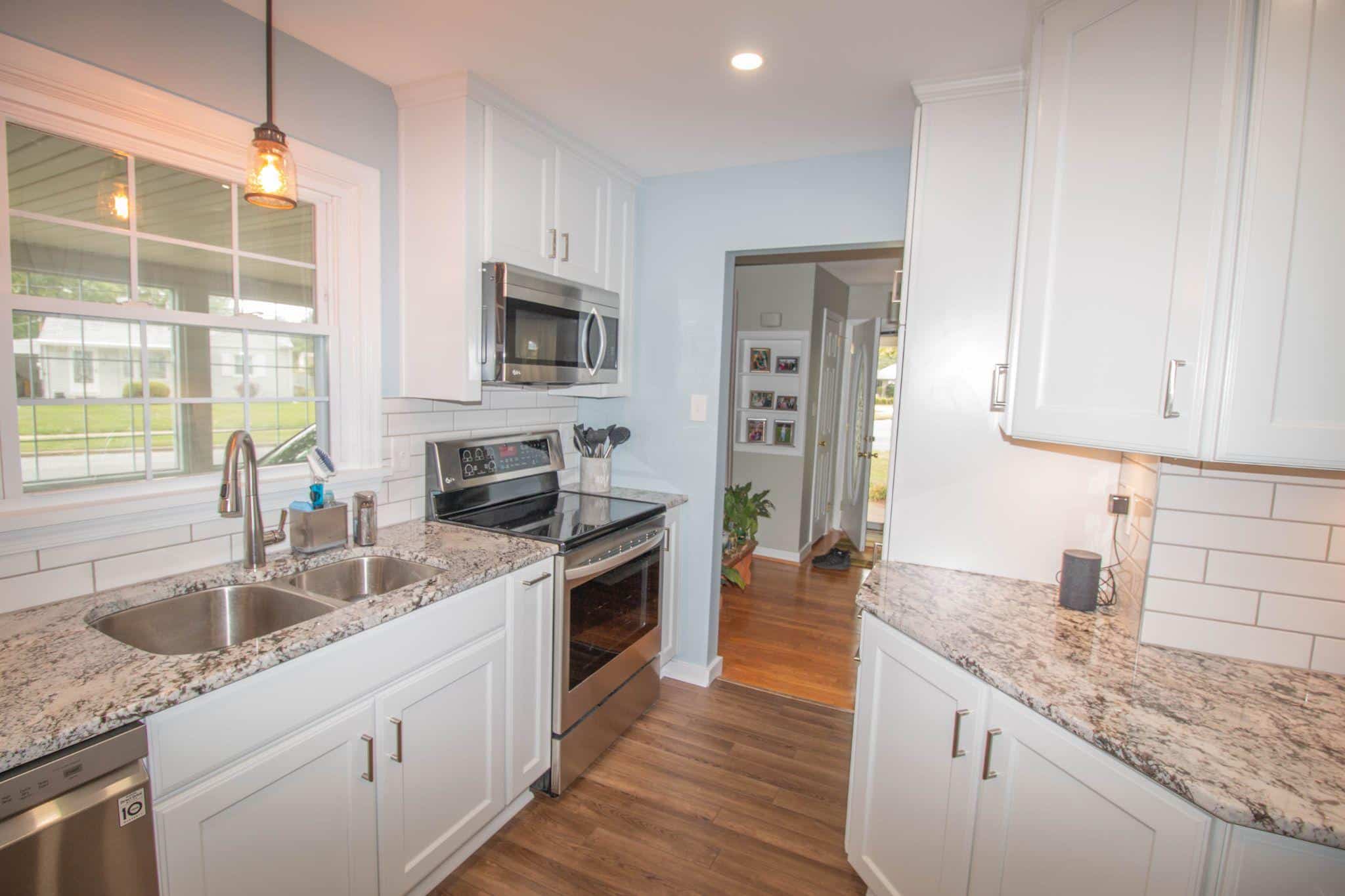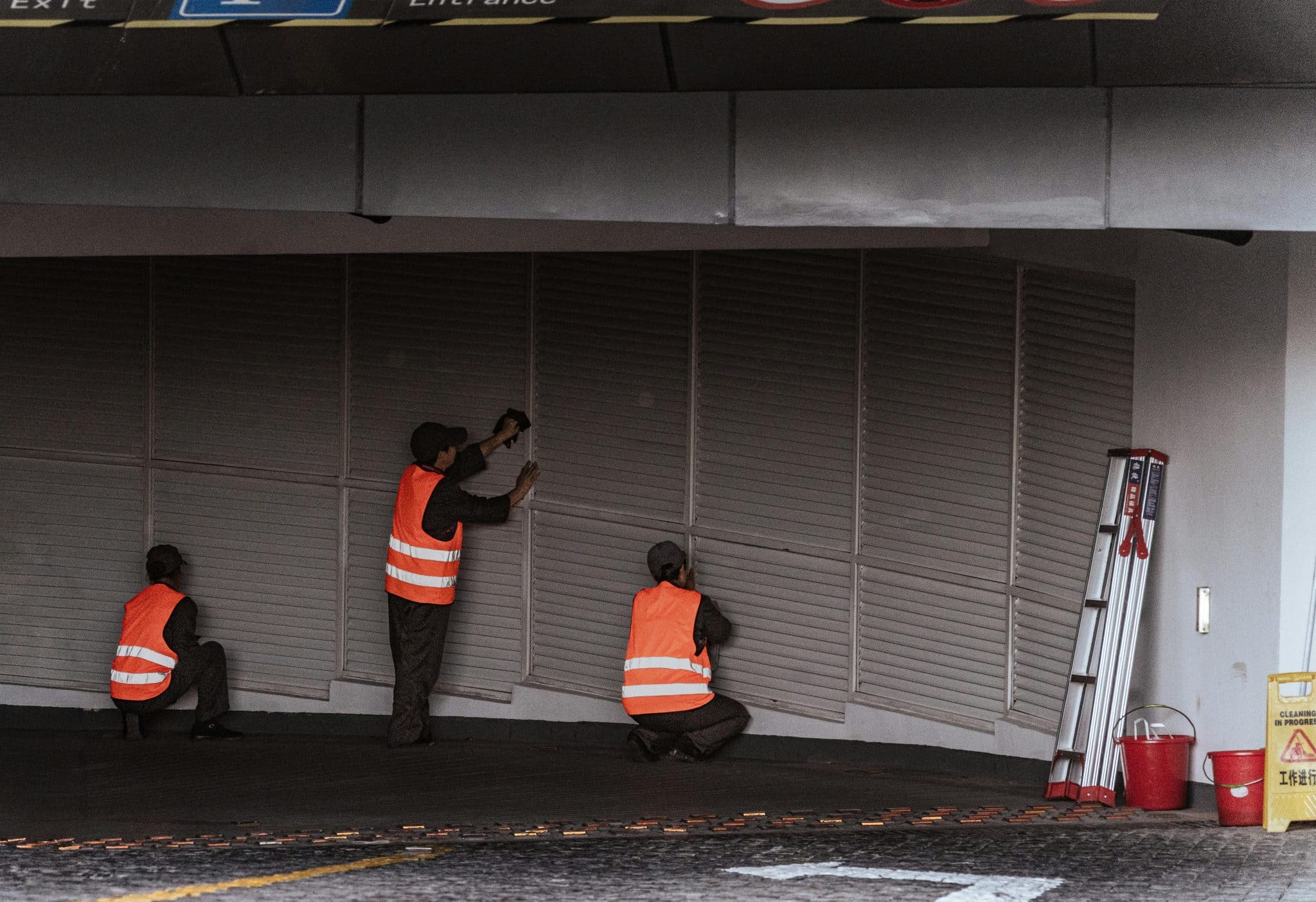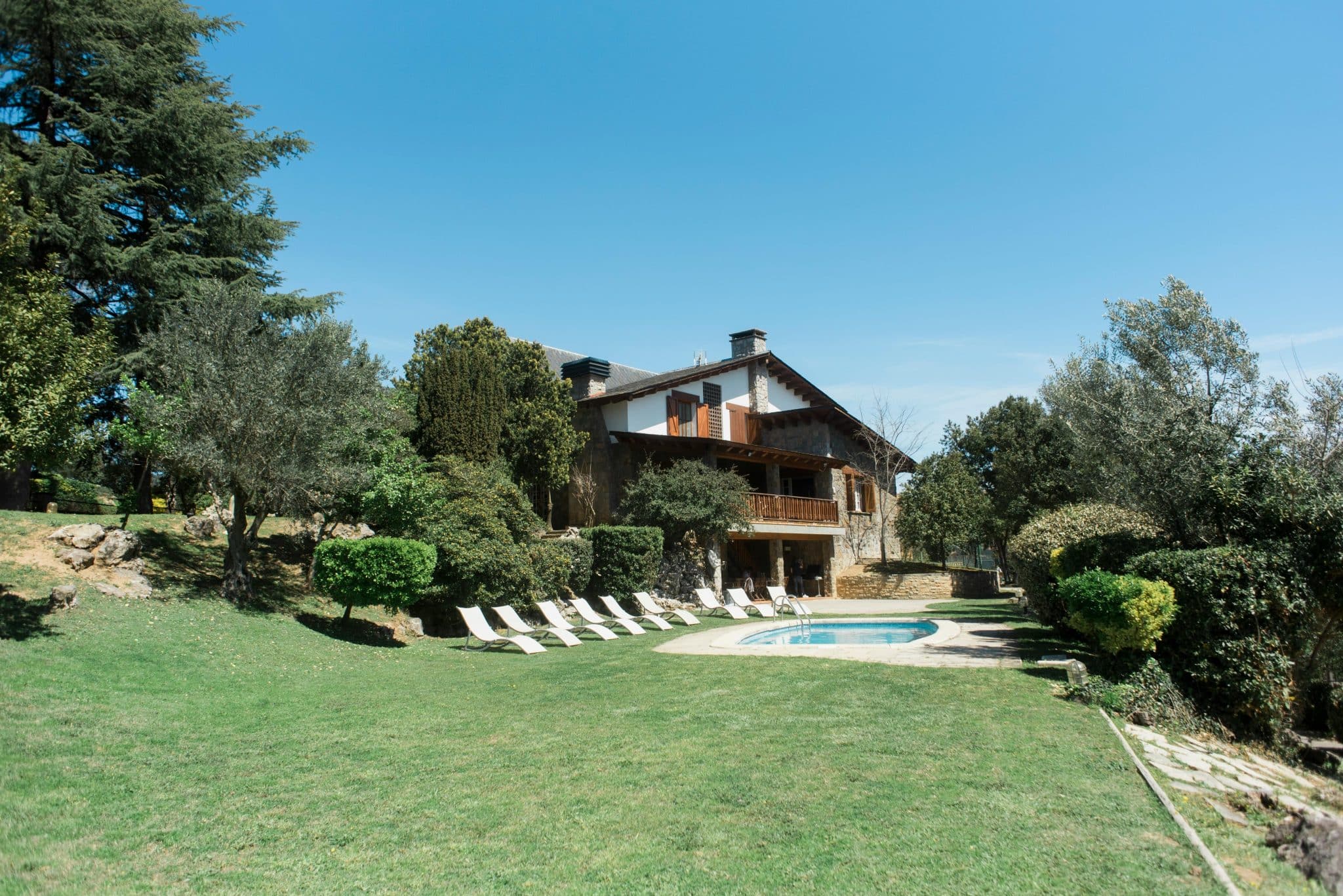As temperatures rise due to climate change and summers become increasingly unbearable, the demand for efficient home cooling solutions is growing. Traditional air conditioning systems are being replaced by smarter, more energy-efficient alternatives that offer greater convenience, cost savings, and environmental benefits. If you’re considering air conditioning installation or upgrading your current system, understanding the latest trends in smart cooling technology can help you make an informed decision.
The Rise of Smart Air Conditioning
Smart air conditioning systems are revolutionizing the way we cool our homes. Unlike conventional units, these systems integrate with home automation, allowing users to control temperature settings remotely via smartphones, voice assistants, or AI-driven thermostats. Here are some key trends shaping the future of smart cooling:
1. AI-Powered Climate Control
Modern smart AC units use artificial intelligence (AI) to learn user preferences and adjust cooling patterns automatically. These systems analyze factors like occupancy, weather forecasts, and daily routines to optimize energy usage while maintaining comfort. For example, some AI-driven thermostats can detect when you’re away from home and adjust cooling to save energy.
2. Voice and App Integration
Smart air conditioners now seamlessly integrate with voice assistants like Amazon Alexa, Google Assistant, and Apple HomeKit. Homeowners can adjust temperatures, set schedules, or turn the system on and off using simple voice commands. Mobile apps also provide real-time energy consumption data, allowing users to monitor and reduce electricity costs.
3. Zoned Cooling Systems
Traditional ACs cool an entire house uniformly, often wasting energy on unoccupied rooms. Zoned cooling systems divide a home into different climate zones, allowing precise temperature control in each area. Smart dampers and sensors regulate airflow, ensuring optimal comfort while reducing energy waste.
4. Energy-Efficient Inverter Technology
Inverter-driven air conditioners are becoming the standard for modern installations. Unlike conventional units that turn on and off repeatedly, inverter ACs adjust compressor speed to maintain a consistent temperature. This results in up to 40% energy savings and a longer system lifespan.
5. Solar-Powered and Hybrid Cooling
With rising electricity costs and environmental concerns, solar-powered air conditioning is gaining traction. These systems use solar panels to supplement or fully power cooling units, drastically reducing reliance on the grid. Hybrid models can switch between solar and electric power, ensuring uninterrupted cooling even on cloudy days.
6. Air Purification and Humidity Control
Modern smart ACs do more than just cool—they improve indoor air quality. Many units now include built-in HEPA filters, UV sterilization, and dehumidifiers to remove allergens, bacteria, and excess moisture. This is particularly beneficial for allergy sufferers and those living in humid climates.
Why Upgrade to a Smart Air Conditioning System?
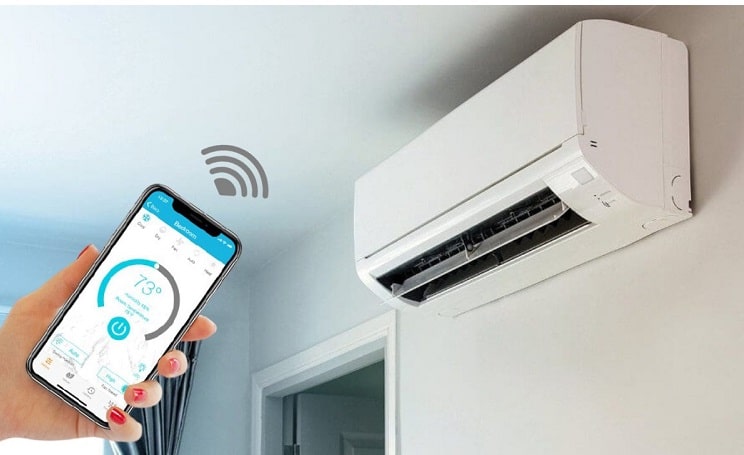
If you’re still using an older AC unit, upgrading to a smart system offers several advantages:
1. Lower Energy Bills
Smart thermostats and inverter technology significantly reduce power consumption, leading to noticeable savings on utility bills.
2. Remote Access and Automation
Whether you’re at work or on vacation, you can control your home’s temperature from anywhere, ensuring a comfortable environment when you return.
3. Reduced Carbon Footprint
Energy-efficient models and solar-powered options help minimize environmental impact, aligning with global sustainability goals.
4. Enhanced Comfort and Customization
Zoned cooling and AI-driven adjustments ensure each room stays at the perfect temperature without manual intervention.
5. Long-Term Cost Savings
While smart AC systems may have a higher upfront cost, their durability and efficiency lead to lower maintenance and energy expenses over time.
Key Considerations for Air Conditioning Installation
Before installing a new smart air conditioning system, keep these factors in mind:
1. Choosing the Right Unit
- Central vs. Ductless Systems: Central AC is ideal for whole-home cooling, while ductless mini-splits are perfect for targeted cooling in specific rooms.
- Capacity (BTU Rating): An undersized unit will struggle to cool your home, while an oversized one will cycle too frequently, wasting energy. A professional can help determine the correct capacity.
2. Smart Thermostat Compatibility
Ensure your new AC system is compatible with smart thermostats like Nest, Ecobee, or Honeywell for seamless automation.
3. Professional Installation Matters
Improper installation can lead to inefficiency, higher energy bills, and frequent breakdowns. Always hire a licensed HVAC technician for air conditioning installation to ensure optimal performance.
4. Maintenance Requirements
Smart ACs require regular filter cleaning, software updates, and occasional professional servicing to maintain peak efficiency.
The Future of Smart Cooling: What’s Next?
As technology advances, we can expect even more innovations in home cooling:
- Predictive Cooling: AI will analyze weather patterns and household habits to pre-cool homes before temperatures spike.
- Integration with Smart Grids: AC systems may automatically adjust usage during peak energy demand to reduce strain on power grids.
- Advanced Air Quality Sensors: Future units could detect pollutants and adjust filtration in real time for healthier indoor air.
Final Thoughts
The future of home cooling lies in smart, energy-efficient air conditioning systems that offer convenience, cost savings, and environmental benefits. Whether you’re planning a new air conditioning installation or upgrading an old unit, investing in smart technology ensures long-term comfort and efficiency.
By staying informed about the latest trends and working with qualified HVAC professionals, you can make the best choice for your home’s cooling needs. The shift toward intelligent climate control is not just a luxury—it’s a smart investment in a more sustainable and comfortable future.

